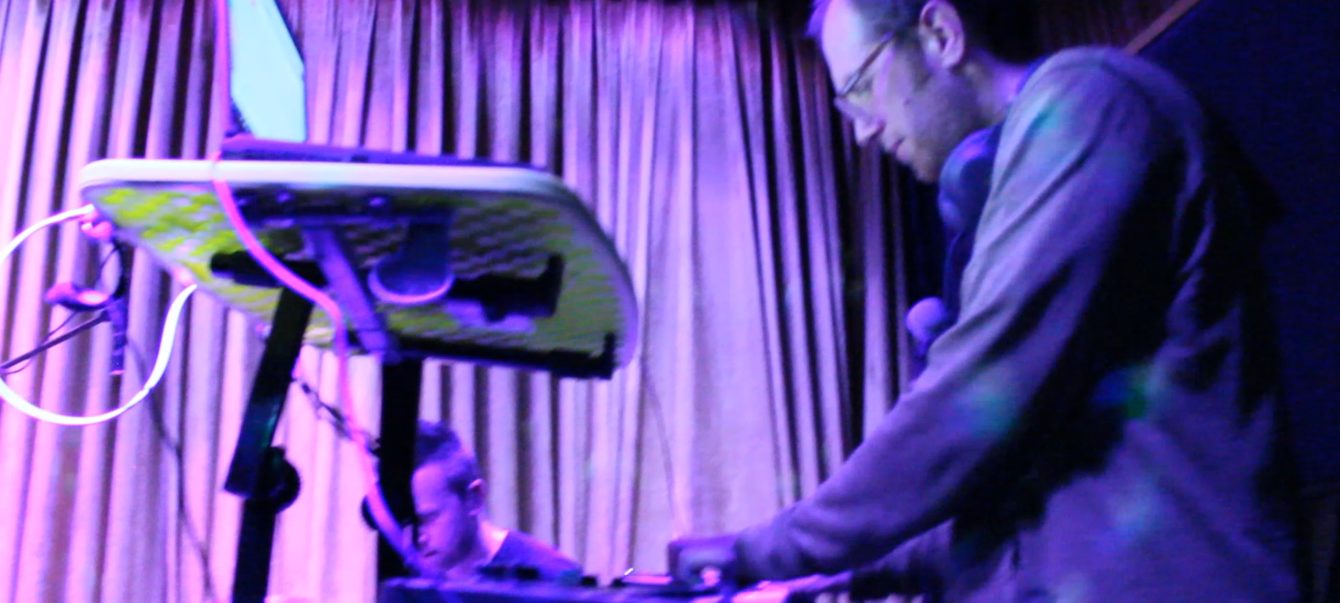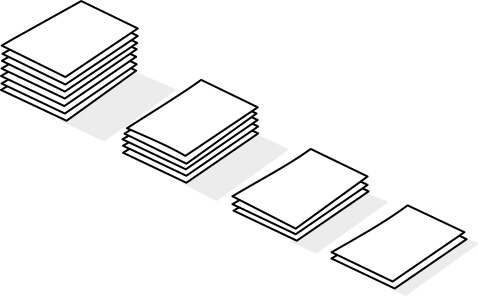Sounding Bad as a Daily Practice
Practicing and performing should not be that different from each other when it comes to our musical approach. I believe that standards for energy, emotion, execution and creativity shouldn’t change that much between our practice room repetitions and the stage. If someone were to eavesdrop on a practice sessions, they should feel like they’re hearing us perform. However, they shouldn’t hear us sounding perfect or even good.








